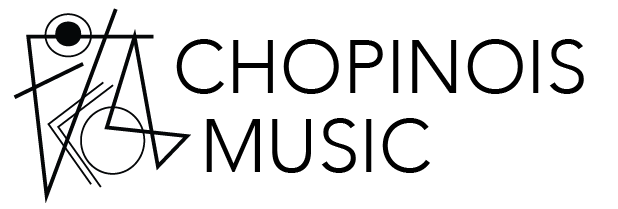FAQs
You seem like a high-level teacher, and I am/my child is a beginner. Should I consider studying with you?
Yes! Beginning students benefit from expert teachers as much or more so than intermediate and advanced students. I provide my beginning students an excellent foundation for all future musical activities through how I teach musicianship, piano technique, music reading, and practicing strategies. Many intermediate or advanced students who start with me need a lot of remedial education to undo shaky or incomplete foundational skills from previous teachers. As a pianist who performs at the highest level and who has also systematically examined how piano learning happens from the very beginning to where I am now, I teach beginners the best ways of learning and playing the piano from the very start.
Why do you only teach students 9 years old or older?
My teaching strengths, talents, and training are geared towards late elementary school students, tweens, teens, and adults of all ages. Teaching most younger children is an art form in and of itself with a very different teaching approach and skillset, and there are many fine piano teachers in the Portland area who are excellent, passionate teachers of younger children. If you would like some recommendations for excellent piano teaching for younger students, please feel free to contact me via email at chopinois@gmail.com.
I still feel like you might be the best teacher for my younger child, can I schedule an initial lesson anyway?
I would suggest considering this only if (1) your child is a “self-starter” in music, always singing, playing the piano, and already showing devotion to music on their own; and (2) if your child seems able to learn in a more goal-oriented, abstract manner that is unusual for most children 8 years old and younger. A good indicator here is reading level: if your child is 8 or younger and can read at a 4th grade level or higher, then they may be a good fit for my studio.
I'm an adult, but also a beginner...(?)
It's never too late to dive into music, and I especially enjoy teaching adult learners! In fact, spending time learning new skills is a wonderful way to keep our brains healthy as we age.
I’m an adult who took lessons as a child but have forgotten what I learned. Can I get back into playing the piano?
Yes! It’s very rewarding and can often be very cathartic to reclaim the piano in your life. Many of us had childhood teachers who drove us away from the piano, or parents who insisted too strongly that we play and so we didn’t want to anymore. But now, we want to return to the piano since it did have an important part in our lives. I have helped many adults relearn the piano and to heal their relationship with music and playing the piano.
It’s in the middle of one of your terms. Can I still sign up?
Yes! I can accept new students in the middle of my teaching terms at any time, provided I have space in my teaching schedule. I will pro-rate the tuition for that term based on the number of lessons left, and the regular tuition schedule will start in the subsequent term.
Why 60-minute lessons, especially for beginners?
For beginning students of all ages, we'll do a wide variety of exercises, games, rote learning, note-reading, music theory, rhythm work, and exercises with a metronome. This helps beginning students of all ages learn how to practice!
Do you prepare students for conservatory auditions?
Yes! When it comes to studying music in college and beyond, I have been in the trenches and emerged ready to help others. Preparing for conservatory auditions is a demanding process, but I help students learn both how to succeed at this goal while also developing healthy creative habits that will serve them in conservatory and beyond.
What if I want lessons for a younger sibling along with an older child? Or, what if my younger child is serious and has an unusual focus for someone their age?
I am willing to meet younger siblings, or unusually serious, focused, and talented younger children, but in my experience I find that very few younger children work well with my teaching methods, which are geared towards students who have at least a 9-year-old’s capacity for self-motivation. For a more complete answer, please see my answer to the question “I still feel like you might be the best teacher for my younger child, can I schedule an initial lesson anyway?”
What piano methods do you use?
I create an individually-crafted course of repertoire and technique based on each of my student's goals and interests. For intermediate through early advanced students, I use the Masterwork Classics series as the foundation of my teaching due to its focus on pieces from across music history, along with Bartók’s Mikrokosmos and other supplemental books focusing on technique. For more advanced students, I go straight to the source: the scores of the music my students are studying (e.g., Beethoven’s Piano Sonatas, Chopin’s Études, Grieg’s Lyric Pieces, etc.).
For beginning students, I use the Piano Safari Method, supplemented by additional music. This is a recently developed series based on the most up-to-date research on how our brains learn to play the piano and read music. The authors have made two versions: one for younger children, and another for older children and adults. Piano Safari is excellent for teaching technique and musicianship quickly, including learning two pieces on the very first day!

